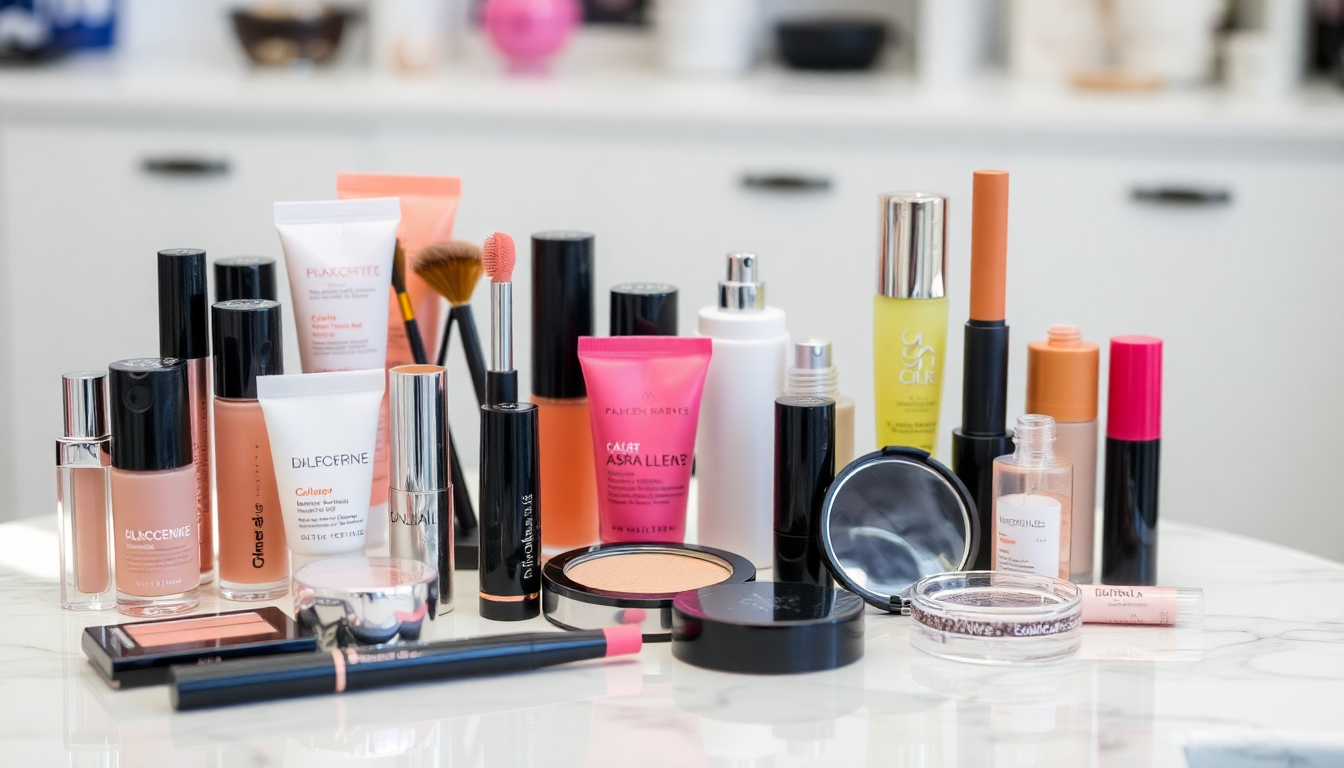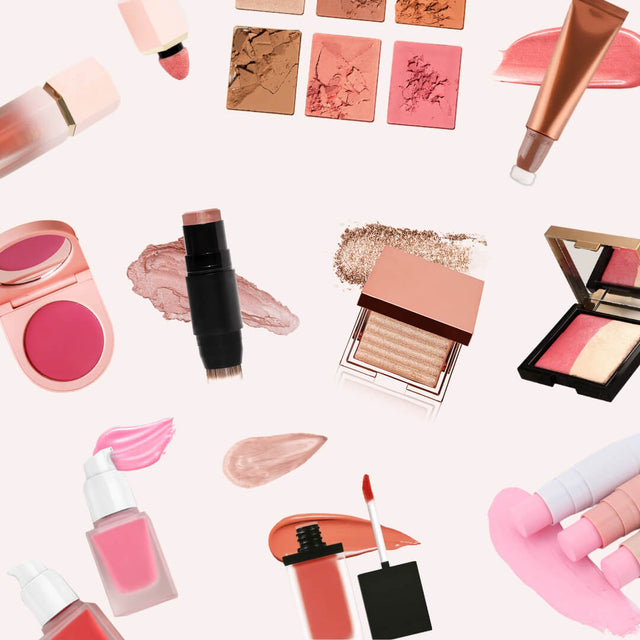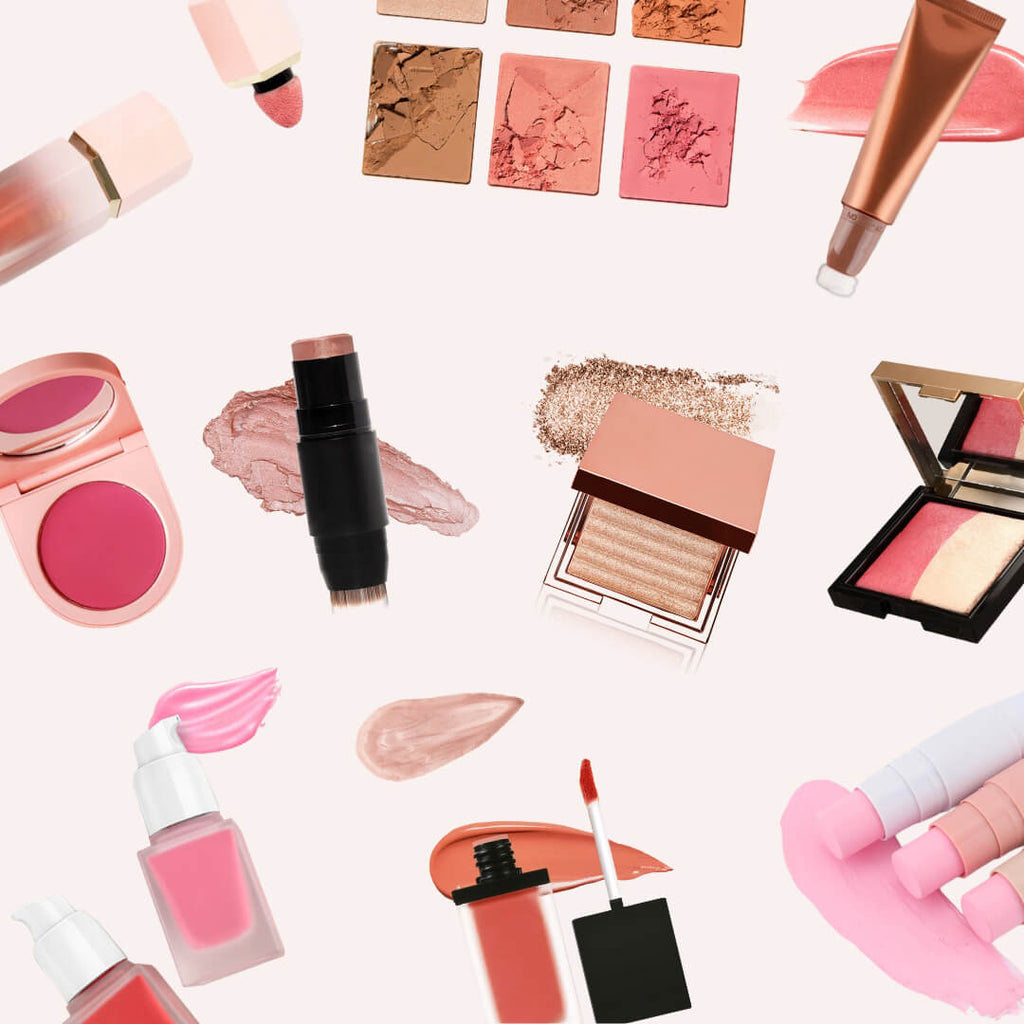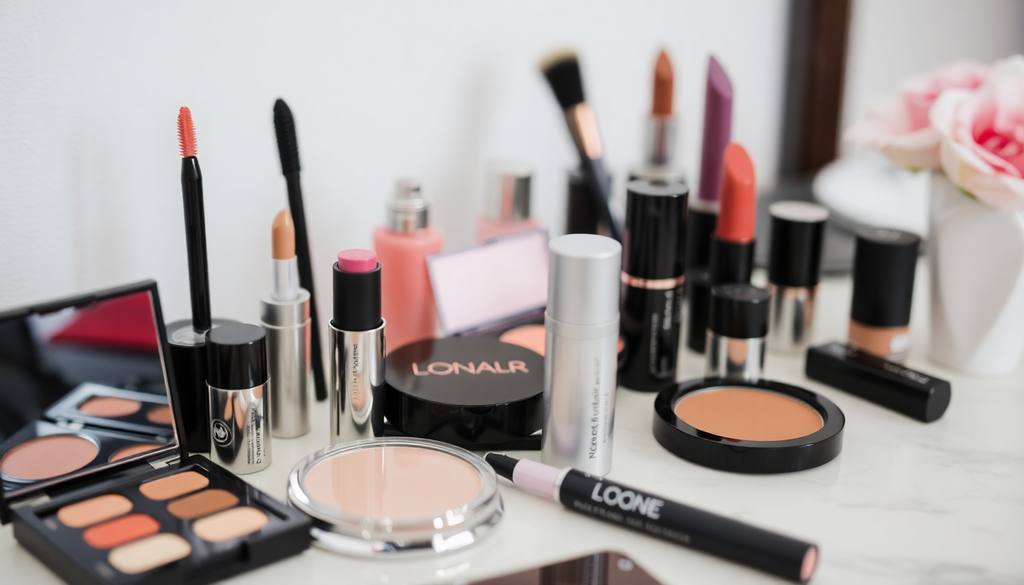
Navigating the New Zealand Makeup Business: Essential Steps for Launching Your Private Label Brand in 2025
Introduction
Entering the makeup industry in New Zealand can be an exciting venture, especially in 2025 when trends are constantly evolving and consumer preferences are shifting. The cosmetics market is booming, with increasing demand for innovative and high-quality products. Launching a private label brand requires careful planning and a thorough understanding of the market, regulations, and effective marketing strategies. This article outlines essential steps to help you navigate the New Zealand makeup business successfully.
Understanding the New Zealand Makeup Market
Before launching your private label brand, it's crucial to understand the makeup market landscape in New Zealand. Here are key considerations:
- Market Trends: Stay updated on current trends in makeup, such as eco-friendly products, cruelty-free formulations, and inclusive shade ranges. Researching what consumers are looking for will help you tailor your products.
- Target Audience: Identify your target demographic. Are you focusing on millennials, Gen Z, or a niche market? Understanding your audience will guide your product development and marketing strategies.
- Competitor Analysis: Research existing brands to understand their strengths and weaknesses. Analyze their product offerings, pricing strategies, and marketing tactics to identify gaps in the market that your brand can fill.
Regulations and Compliance
New Zealand has specific regulations regarding cosmetics that you must adhere to when launching your makeup brand. Key points include:
- Cosmetic Ingredient Regulation: Ensure all ingredients comply with the New Zealand Cosmetic Standard. Familiarize yourself with the regulations set by the Ministry of Health regarding the use of certain ingredients in cosmetics.
- Labeling Requirements: Your products must have clear labels that include ingredient lists, usage instructions, and any relevant warnings. Misleading claims or inadequate labeling can lead to legal issues.
- Safety Assessment: Conduct safety assessments on your products to ensure they are safe for consumer use. This may include stability testing and microbiological testing.
- Documentation: Keep comprehensive records of your formulations, testing results, and compliance documentation to ensure transparency and accountability.
Setting Up Your Online Store
In today’s digital age, having a strong online presence is essential for your makeup brand. Here’s how to set up your online store:
- Choose an E-commerce Platform: Select a platform that suits your needs, such as Shopify, WooCommerce, or BigCommerce. Evaluate the features, scalability, and ease of use before making a decision.
- Design Your Website: Ensure your website is visually appealing, user-friendly, and mobile-responsive. Optimize your site for SEO to improve visibility in search engines.
- Product Photography: Invest in high-quality product photography. Customers are more likely to purchase products that have professional, eye-catching images.
- Payment Gateways: Integrate reliable payment options to facilitate smooth transactions. Consider offering various payment methods, including credit cards, PayPal, and Afterpay.
- Shipping and Returns: Clearly outline your shipping policies and return processes. Providing excellent customer service can set your brand apart.
Import Policies and Certifications
If you plan to import your makeup products, be aware of New Zealand's import policies:
- Customs Regulations: Familiarize yourself with the customs requirements for importing cosmetics, including tariffs and import permits. Ensure you understand the classification of your products under New Zealand law.
- Product Testing: Imported cosmetics may require specific testing to comply with local standards. Be prepared to provide testing certificates upon request.
- Certifications: Obtain necessary certifications that may be required for your products, such as GMP (Good Manufacturing Practices) certification, which demonstrates that your products are produced consistently and controlled according to quality standards.
- Trade Agreements: Stay informed about any trade agreements between New Zealand and other countries that may affect import duties or regulations.
Marketing Your Makeup Brand
Effective marketing strategies are vital to the success of your brand. Consider the following:
- Social Media Marketing: Utilize platforms like Instagram, TikTok, and Facebook to showcase your products and engage with your audience. Create visually appealing content that resonates with your target demographic.
- Influencer Collaborations: Partner with beauty influencers to increase brand visibility and credibility. Influencers can help you reach a wider audience and provide authentic reviews of your products.
- Content Marketing: Create valuable content, such as tutorials and makeup tips, to attract and retain customers. Blogging and video content can position your brand as a thought leader in the makeup industry.
- Email Marketing: Build an email list to keep your customers informed about new product launches, promotions, and exclusive offers. Personalize your emails to enhance customer engagement.
- Promotions and Discounts: Consider offering introductory discounts or bundle deals to encourage first-time purchases. Limited-time offers can create urgency and drive sales.
Building Your Brand Identity
Your brand identity is crucial in differentiating your products in a saturated market. Here are ways to establish a strong brand identity:
- Brand Story: Develop a compelling brand story that resonates with your audience. Share your inspiration, values, and mission to connect emotionally with consumers.
- Visual Branding: Create a cohesive visual identity, including a memorable logo, color palette, and packaging design that reflects your brand values and appeals to your target market.
- Customer Engagement: Foster a community around your brand by engaging with customers through social media, responding to inquiries, and encouraging user-generated content.
Networking and Industry Connections
Building relationships within the industry can provide valuable insights and opportunities:
- Attend Trade Shows: Participate in beauty trade shows and expos to network with suppliers, manufacturers, and potential partners.
- Join Industry Associations: Become a member of industry associations that focus on cosmetics and beauty. This can provide access to resources, training, and networking opportunities.
- Collaborate with Local Businesses: Partner with local salons, beauty schools, or retailers to promote your products and gain exposure.
Conclusion
Launching a private label makeup brand in New Zealand in 2025 presents both challenges and opportunities. By understanding the market, complying with regulations, setting up an effective online store, and implementing robust marketing strategies, you can successfully navigate the makeup business landscape. Embrace creativity and innovation, and you’ll be well on your way to establishing a successful brand that resonates with consumers. With careful planning and execution, your private label brand can thrive in the competitive world of cosmetics.




